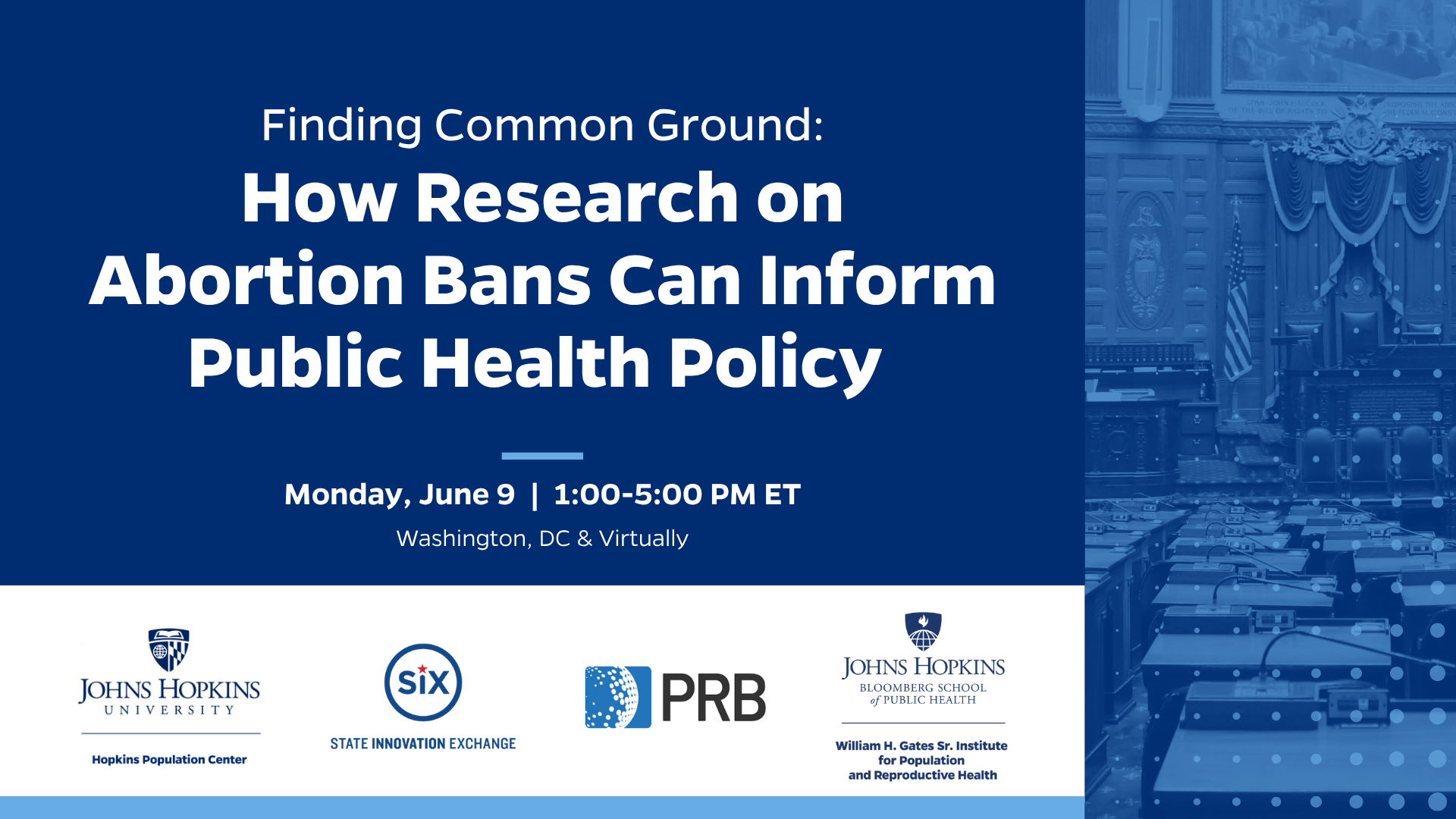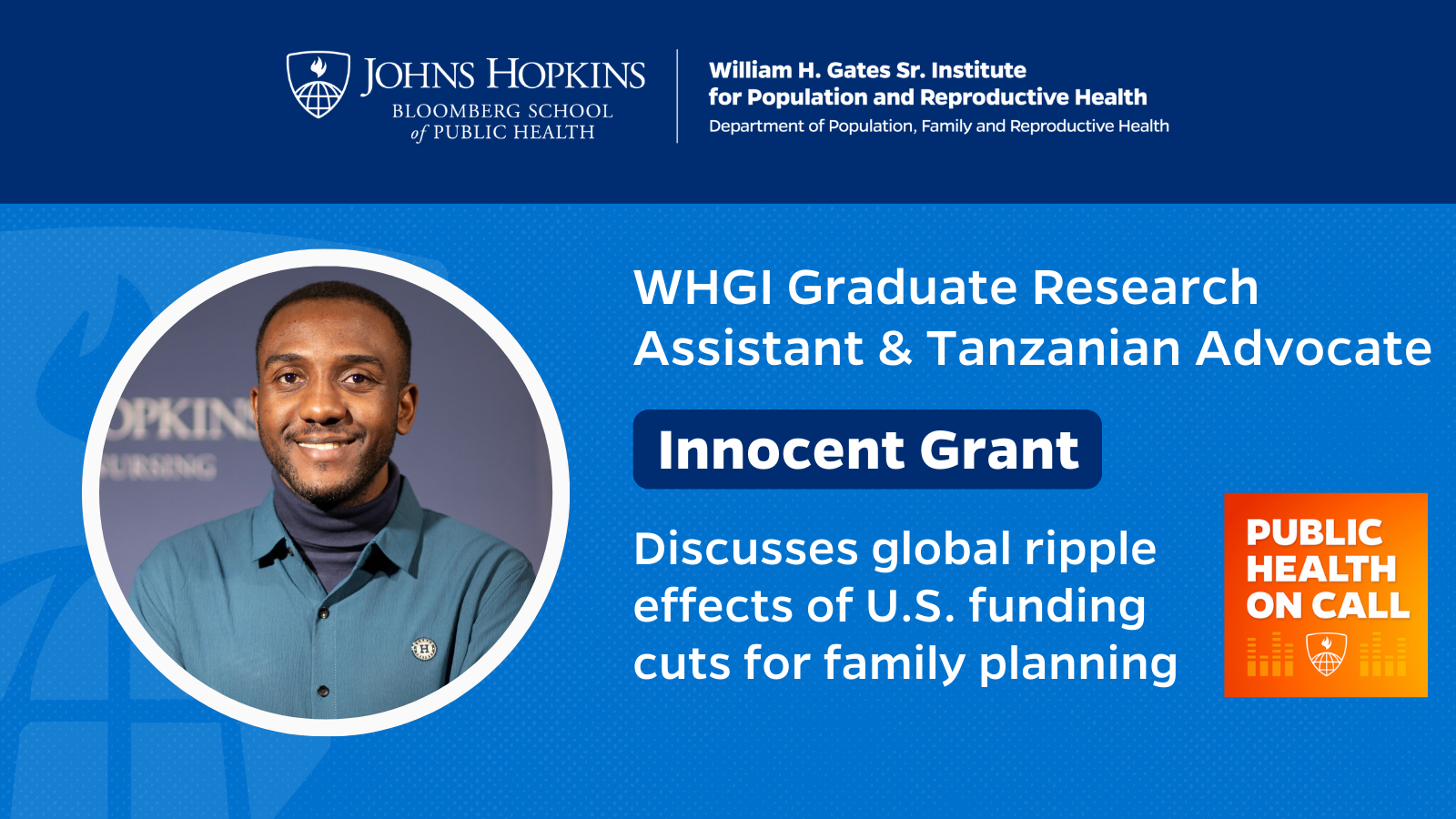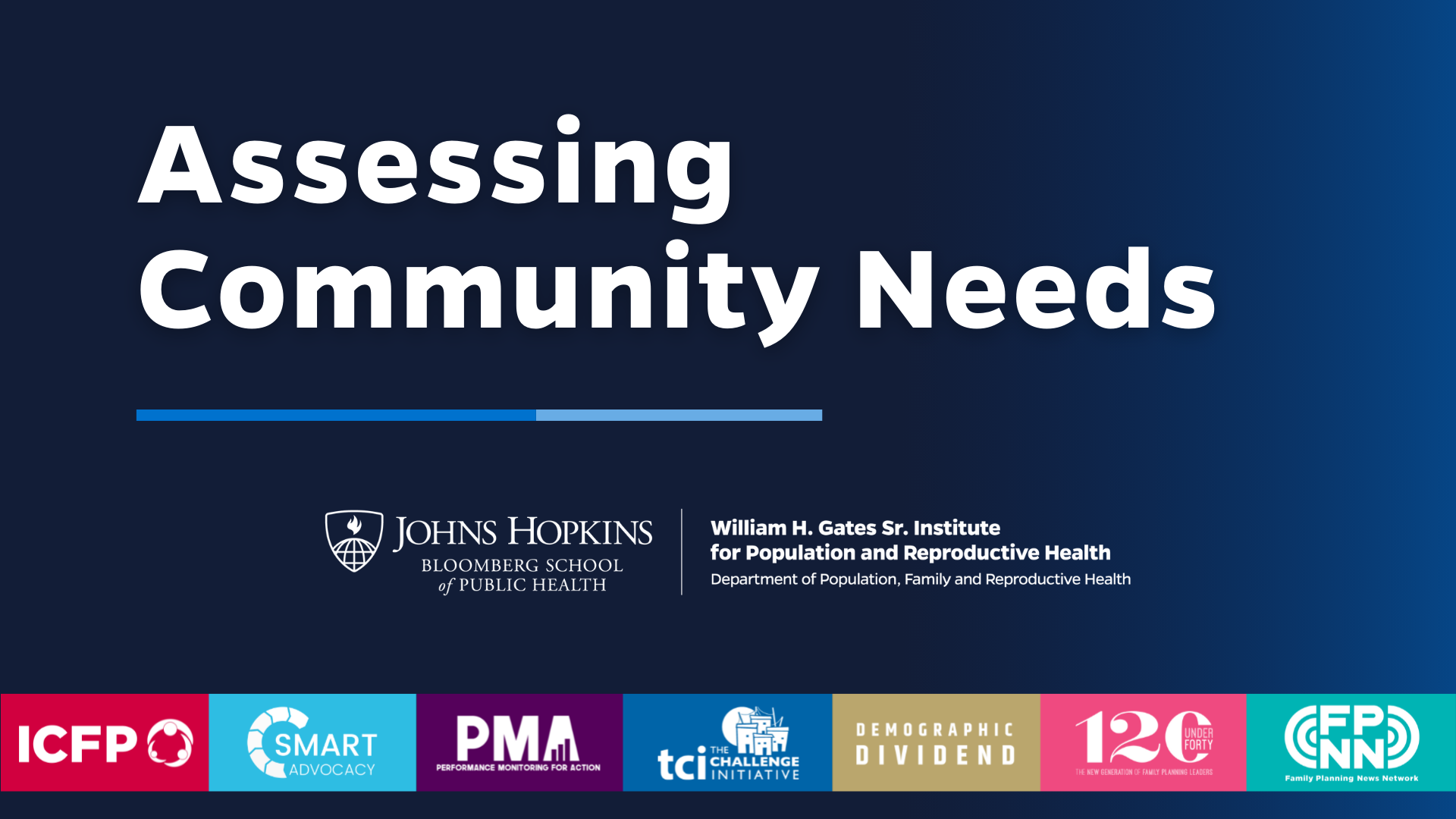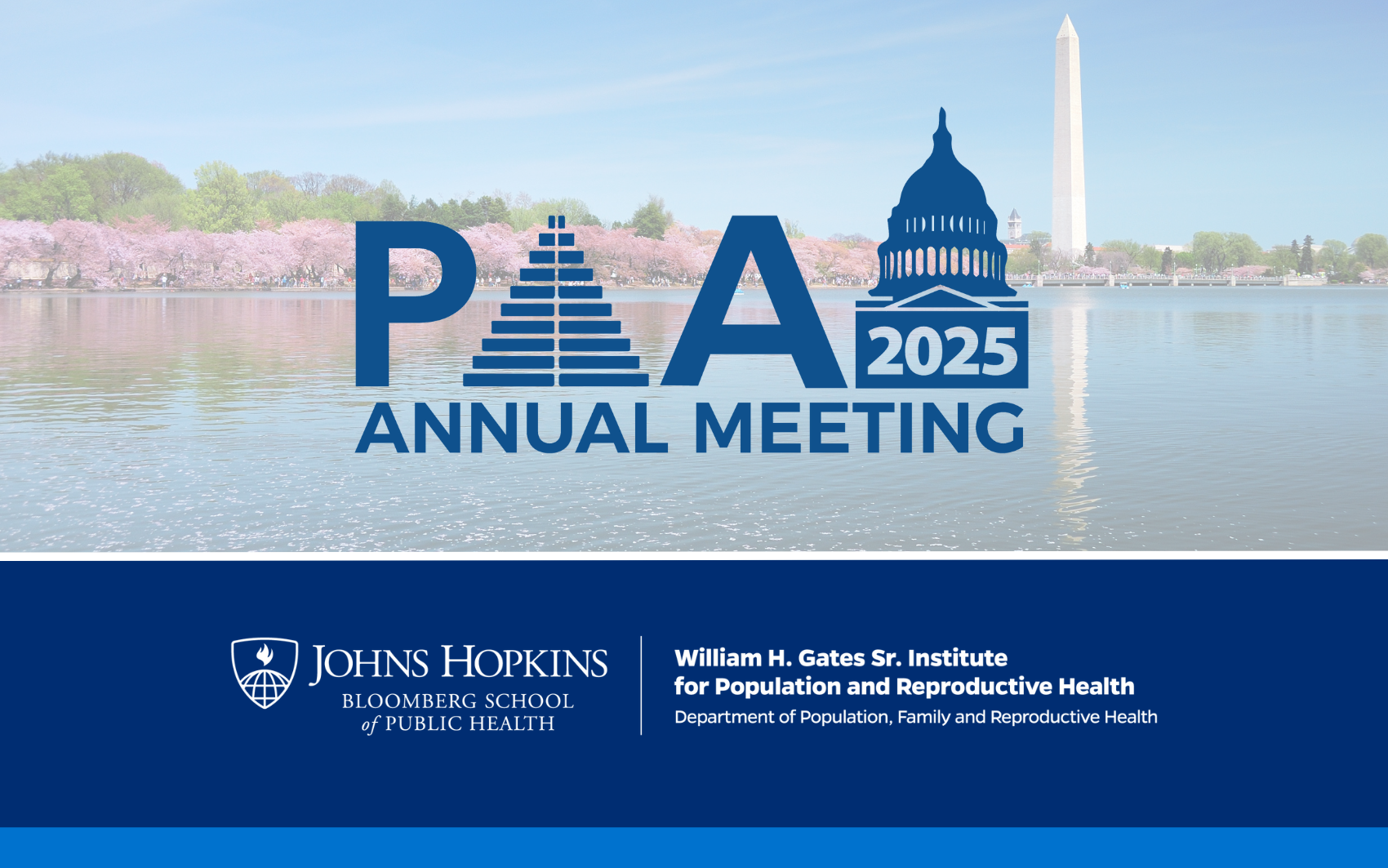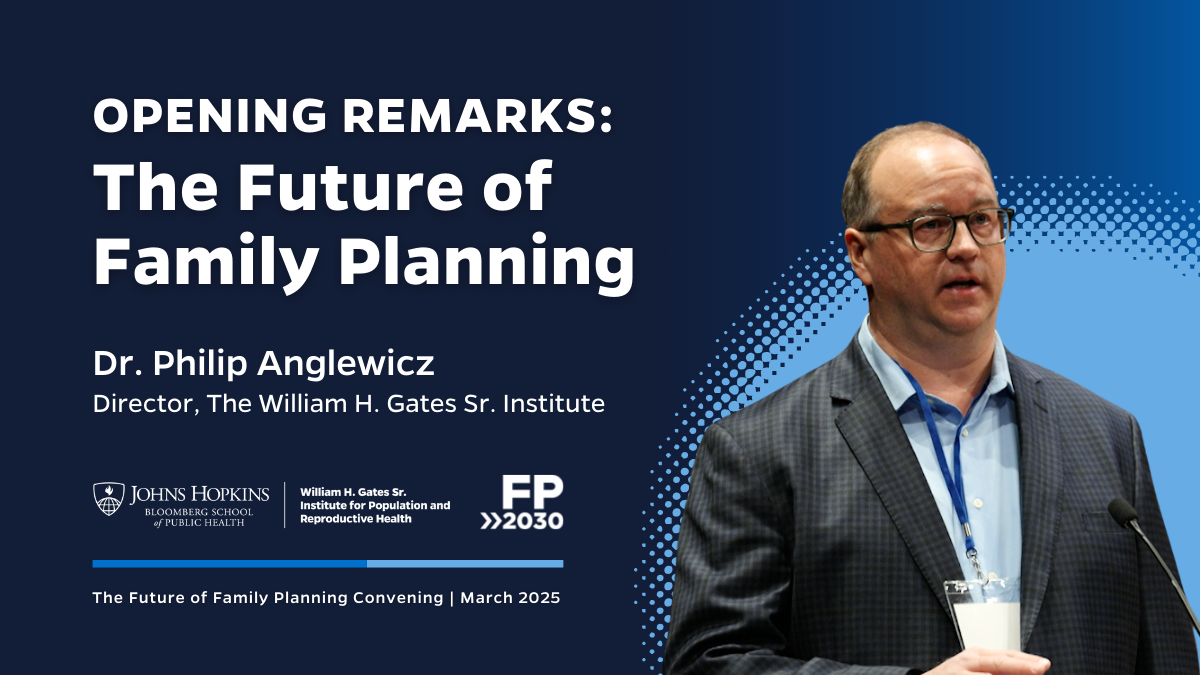Originally posted in the Spring/Summer 2022 issue of Hopkins Bloomberg Public Health Magazine
The U.S. Supreme Court, as of this writing, is poised to rule soon on the constitutionality of a Mississippi abortion law. If the court overturns all or part of Roe v. Wade, more than 20 states will swiftly ban abortion.
The debate over abortion in the U.S. is portrayed as a political battle with winners and losers. In truth, if bans or extreme limits are enacted, we all lose. Public health research has consistently shown the impact of abortion restrictions: higher maternal mortality, higher infant mortality, lasting financial hardship for individuals and families—the list goes on. (For more on U.S. abortion issues, see “If Roe Falls.”)
While reflecting on the concerning trend toward stricter abortion laws in this country, I was reminded that in recent years, some low- and middle-income countries have actually eased their abortion laws, including Colombia, Argentina, Mexico, and Thailand. Today, only 5% of the world’s women live in countries where abortion is illegal. That’s good news.
However, it’s critical to remember that laws speak to whether, when, and under what conditions a person can obtain an abortion. Equitable access to safe abortion services is another thing entirely. The WHO estimates that 45% of the world’s abortions are still unsafe. As a result, 39,000 women die every year and millions are treated for complications, with the burden falling disproportionately on the poor, young, and marginalized. Ninety-seven percent of unsafe abortions occur in developing countries.
A British Medical Journal study published this year showed just how stark the differences are around the world. For women ages 15–49, unintended pregnancy rates ranged from 11 per 1,000 women in Montenegro to 145 in Uganda. Abortion rates ranged from 5 per 1,000 women in Singapore to 80 in Georgia.
The study also reported that in countries where abortions are restricted, 50% of unintended pregnancies still end in abortion. This shows that when women are not prepared for a pregnancy, they will go to great lengths to end it—even if the conditions are unsafe. This must change.
Unsafe abortions are a daunting problem, but my colleagues here at the School’s Bill & Melinda Gates Institute for Population and Reproductive Health say there are three reasons for optimism.
Abortion is not a singular issue, but an integral part of women’s health, reproductive health, and public health.
First, we have a powerful, proven strategy to reduce unintended pregnancies: family planning. The Gates Institute is a world leader in this field. For more than 20 years, its faculty and staff have worked to provide equitable access to life-changing contraceptive information, services, and supplies in low- and middle-income countries. They’ve established centers of excellence in reproductive health across the globe, trained thousands to be leaders in their communities, published hundreds of research papers, and successfully advocated for governments and other organizations to invest millions in family planning.
They know that family planning has profound benefits—lower maternal mortality and morbidity rates, lower infant and child death rates, stronger economies, and significant improvements to the environment, to name just a few. Today, 923 million women of reproductive age in low- and middle-income countries want to avoid or delay pregnancy. For many reasons, 218 million are not using modern contraception even though they do not want to be pregnant. If we could fully meet reproductive and contraceptive needs around the world, every dollar spent would result in $120 in lifetime benefits to society. That’s a remarkable economic figure, but we know also that the dividends represent so much more: better health and well-being for everyone and the chance for more women to have the agency to reach their full potential.
A second reason for optimism is that medication abortions with safe, effective pills are changing the entire reproductive health landscape. When paired with telemedicine, these pills make it possible for women to self-manage the process, often in their own homes.
Third, there is a growing awareness of the importance of post-abortion care. Women can quickly become fertile again after an abortion, sometimes as soon as two to three weeks later. Including family planning and contraception in post-abortion care is a crucial step toward preventing more unintended pregnancies. Studies have shown that when clients receive counseling and are offered contraception as part of post-abortion care, most decide to leave the facility with an effective family planning method. Despite this fact, many health care systems are failing to provide these services and tools. A few examples: In Bangladesh, of all facilities providing post-abortion care, only 18% routinely offer contraceptive methods to their clients. In Tanzania, only 17% of clients receiving post-abortion care leave the facility with their contraceptive of choice; in Georgia, it’s just 6%.
All of this points to the fact that abortion is not a singular issue, but an integral part of women’s health, reproductive health, and public health. It’s vital that we advocate for women worldwide to have all the information and care that they need, including for abortion, so they can make choices that shape their futures. The challenges are great, but the Gates Institute and other advocates have shown that significant progress is possible. By investing in thoughtful, research-based solutions on the local level, we can ensure that women everywhere have the full range of reproductive health care.
In the U.S., Roe v. Wade is, of course, top of mind, but we need to focus on all barriers to abortion, not just the legal ones. Our goal can be nothing less than for women everywhere to have the same access to care, the same ability to plan their pregnancies, and the same rights to control the most fundamental aspects of their lives.



